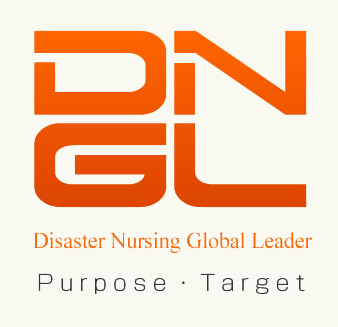
On May 20th, Professor Malonga Kaj Françoise, Head of the Department of Public Health at Lubumbashi University in the Democratic Republic of Congo visited University of Kochi and gave a lecture titled “Disaster and Health in the Republic of Congo.” Professor Kaj is a nursing professional, who held positions such as the dean of a medical school, and the deputy mayor, involved with many health issues and policymaking. Lubumbashi University is the research counterpart of Lecturer Ngatu, who has co-authored many papers with Professor Kaj.
According to the 2013 report released by World Health Organization (WHO) and United Nations Population Fund (UNFPA), the medical standards in the Democratic Republic of Congo are as follows: average life expectancy: Males: 48 years; Females: 51 years, neonatal mortality rate: 44 per 1000 births; infant mortality rate: 100 per 1000 births; maternal mortality rate: 670 per 100,000 births (WHO,UNICEF). Located in the Congo River basin in the central part of the African continent, it is a huge country, the second largest in Africa after Algeria and 11th in the world.
The official language is French and the lecture was also conducted in French, translated (abridged) into English and Japanese. Prior to the lecture, Dr. Kaj made a courtesy visit to the President of our university, and had a conversation about the universities, ongoing nursing research and the future cooperation. In this lecture, Dr. Kaj explained about Lubumbashi University: it had changed its name several times owing to the political reasons of the state, and had expanded with various laboratories and departments responding to social needs.
When the lecture changed to the main topic of disasters and health, Dr. Kaj referred to the news of the previous day, saying “well, about the recent disaster…yesterday the city was heavily flooded.” His lecture included topics on natural disasters, conflicts, IDP, HIV/AIDS, and Ebola , and were so stimulating for our undergraduate and graduate students who were not so much aware of international issues. Dr. Kaj’s lecture reminded us of the importance of multi-hazard risk management, and closely-related environmental and urbanization problems.


